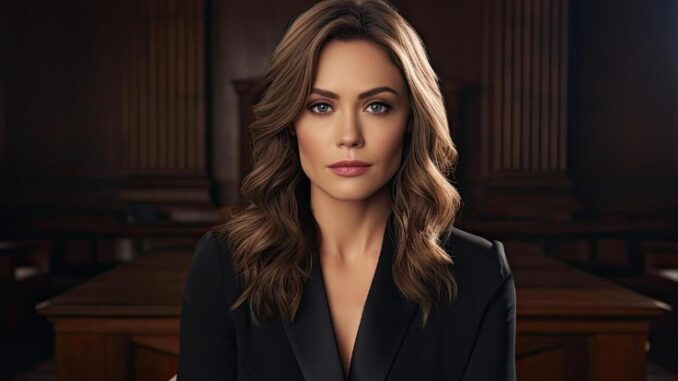
For more than a decade, Chicago P.D. has captivated audiences with its gritty realism, morally complex characters, and fast-paced storytelling. The Intelligence Unit, led by the unflinching Sergeant Hank Voight, has navigated every kind of case imaginable — from gang wars to political scandals. But what if artificial intelligence entered their world? How might AI change the way these characters operate, evolve, and even see themselves? In an age where technology is advancing faster than ever, it’s not hard to imagine Chicago P.D. exploring the tension between human instinct and machine precision. Let’s step into that world and see how AI could reshape the lives of our favorite detectives.
Hank Voight: The Reluctant AI Commander
Sergeant Hank Voight has always trusted his gut — his instincts are his most lethal weapon. But AI thrives on data, patterns, and probabilities. Imagine Voight receiving real-time analytics about suspects’ movements, predictive crime models, and AI-generated suspect profiles.
The challenge? Voight isn’t the type to let a computer tell him how to run his team. In this imagined future, his greatest battle might not be with criminals, but with trusting a tool that could either revolutionize his unit or strip away the human nuance he’s built his career on.
Kim Burgess: The Bridge Between Heart and Code
Detective Kim Burgess has always been the team’s moral compass — empathetic, patient, and deeply connected to the victims she serves. AI could help her sift through hours of security footage, track missing persons in record time, or even detect lies through micro-expression analysis.
Yet Burgess would be the first to remind her colleagues that no algorithm can replace human compassion. She might embrace AI as a partner but insist on keeping the human touch at the center of every case.
Adam Ruzek: The Tech Enthusiast Turned Strategist
If anyone on the team would throw themselves into learning AI systems, it’s Adam Ruzek. He thrives on adaptability and thinking outside the box. Give Ruzek access to AI-driven simulations of raid scenarios or predictive risk assessments, and he’d master them in days.
The twist? Ruzek’s curiosity could also make him the one most tempted to push AI beyond ethical boundaries — testing just how far it can go before it crosses a line.
Hailey Upton: The Data-Driven Investigator
Detective Hailey Upton already has a mind for connecting the dots, and AI could supercharge her investigative skills. From pattern recognition in serial crimes to cross-referencing thousands of reports in seconds, AI would be her dream tool.
Still, Upton’s personal code of ethics might put her at odds with how some AI systems operate — especially when decisions based purely on probability could put innocent lives at risk.
Kevin Atwater: Champion of Responsible AI
Kevin Atwater has a keen understanding of community trust, and he would be wary of any technology that could be perceived as invasive or biased. His role could evolve into ensuring that AI tools are used fairly, without racial or socioeconomic prejudice embedded in their algorithms.
Atwater might become the voice reminding the Intelligence Unit that technology can be just as flawed as the humans who create it — and that transparency and accountability are non-negotiable.
AI as the “New Recruit”
In this imagined scenario, the Intelligence Unit’s newest “member” isn’t a rookie detective but a sophisticated AI system — let’s call it “Echo.” Echo could handle tasks from scanning databases to generating leads in cold cases.
But like any recruit, Echo would need to earn the team’s trust. Over time, the detectives might see it less as a machine and more as a tool shaped by their values, using technology not to replace them but to amplify their abilities.
